Prayers for Chris’s family
The Grandma Effect: How Grandmothers Are Essential to the Survival of the Human Race
- By Daniella
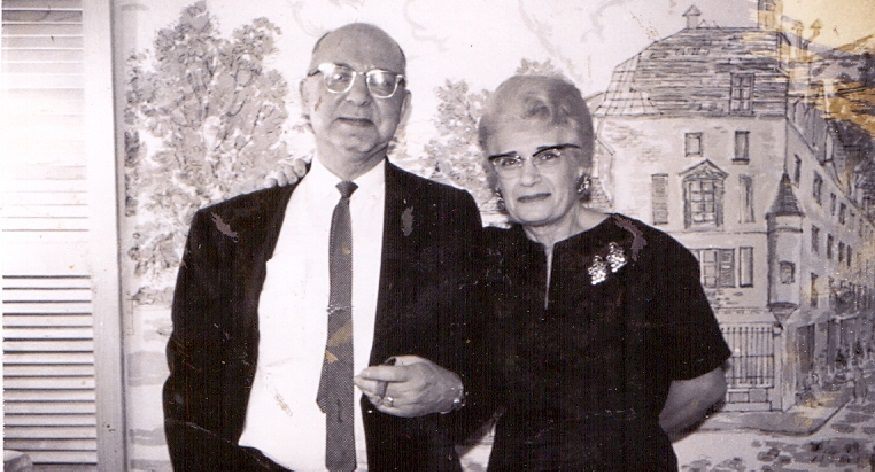

September 13 is National Grandparents Day! This year it takes on particular significance as we find ourselves challenged with finding new ways to connect to this beloved generation. Many grandparents across the world have made acquaintance with new technology that allows them to interact with their children and grandchildren without risking their health. It’s no small accomplishment for people who learned how the world works in the days before home computers and the Internet.
It goes without saying that grandparents have a special role in our lives — especially our grandmothers. Since the dawn of time, they’ve been actively involved in raising their grandchildren. Those of us who have been lucky enough to know our grandparents often have very fond memories of them.
But according to anthropologist Kristen Hawkes, the role of grandmothers may be more essential than we realized.
The grandmother hypothesis
Kristen Hawkes, a researcher at the University of Utah, set out to solve an evolutionary mystery: why do women live past menopause?
The lifespans of most other living things usually don’t extend very far past their reproductive years. Men’s fertility decreases after the age of 45, but technically they can still father children quite late in life. Charlie Chaplin and Mick Jagger both became fathers at the age of 73. Women, however, lose their ability to bear children around the age of 50 or 60. Dr. Hawkes wanted to know: what did our species gain, from an evolutionary perspective, from having so many older women who could easily live 30, 40, even 50 years past the point at which they were no longer fertile?
As part of her research, Dr. Hawkes traveled to Tanzania to observe the lives of the native Hadza people. The Hadza lead a traditional hunter-gatherer lifestyle, much like our ancestors from thousands of years ago. Dr. Hawkes noticed that the health of young Hadza children was correlated with their mothers’ foraging efforts — except when the mother was nursing an infant. In that case, the health of the child correlated not with its mother’s foraging success, but with its grandmother’s foraging success. In other words, it was the grandmother’s efforts to assist in feeding and tending to the older siblings of a young baby that ensured the health of the family as a whole.
Dr. Hawkes observed a similar phenomenon in other hunter-gatherer tribes, and developed what she called the “grandmother hypothesis”: the theory that grandmothers are essential to the survival of the species because they help make it possible for mothers to care for more children who are born at relatively short intervals. Grandmothers who lived longer were able to help their daughters raise more children, and therefore, through natural selection, females who lived past menopause became very common among humans.
In October 2012, Dr. Hawkes published a fascinating study together with her colleagues Peter Kim and James Coxworth that supports her theory using a mathematical model. The researchers applied the concept of menopause and grandmothers to the social structure of a hypothetical species of chimpanzees, and found that, within the computer simulation, the grandmother effect alone doubled the lifespan of the species within less than 60,000 years.
From berries in the forest to ice cream at the playground
But does this effect still apply to a more modern lifestyle? Other researchers have explored this question. In 2008, Rebecca Sear and Ruth Mace, anthropologists from London, published a review of 45 studies examining the role of kin on child survival, and it showed that most studies examining the role of contemporary grandmothers do indicate that they have a positive influence on the longevity of their grandchildren.
For many people who have been blessed with a grandmother in their lives, these findings are not surprising. Parenting young children is utterly exhausting, especially caring for several children who are still young and very dependent. Dr. Sear and Dr. Mace state at the beginning of their review that “the extended period of childhood dependency and short interbirth intervals mean that human mothers have to care for several dependent children simultaneously. Most evolutionary anthropologists now agree that this is too much of an energetic burden for mothers to manage alone and that they must enlist help from other relatives to share the costs of raising children.”
We may not need our grandmothers to go find berries in the forest for our toddlers, but when Grandma steps in to take the toddler out for ice cream at the playground so his mom and the new baby can grab a nap — that’s a lifesaver in the modern age. In more traditional societies where women tend to have more children at shorter intervals, it is very common to find that these young mothers live near their own mothers, and rely on their assistance on a regular basis.
A different bond
The relationship between a grandmother and a grandchild is usually quite different from that between mother and child: less strained, more straightforward, and full of comfort and simple love. Dr. Hawkes is quoted in the Smithsonian as saying that grandmothers may have contributed to the larger brains and social traits unique to humans. “If you are a chimpanzee, gorilla, or orangutan baby, you mom is thinking about nothing but you,” she says. “But if you are a human baby, your mom has other kids she is worrying about, and that means now there is selection on you — which was not on any other apes — to much more actively engage her: ‘Mom! Pay attention to me!’… Grandmothering gave us the kind of upbringing that made us more dependent on each other socially and prone to engage each other’s attention.”
It’s important to note that the grandmother hypothesis is not definitive, and there are scholars who argue against it. Some believe that human females live past their reproductive years not for the benefit of their grandchildren, but for that of their own children, since human young still require active involvement for many years compared to other species. They call that theory “the mother hypothesis.” Still, the mathematical model published by Dr. Hawkes and her colleagues in October 2012 lends strong support to the grandmother hypothesis.
So in honor of National Grandparents Day, celebrated on September 13 — here’s to our grandmothers, literal saviors of our species!
Have you entered all your grandmother’s information on your MyHeritage family tree yet? You never know what discoveries about her background are waiting for you at MyHeritage. Start building your family tree today!



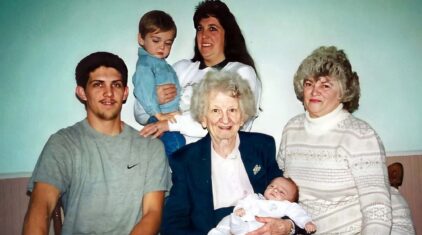
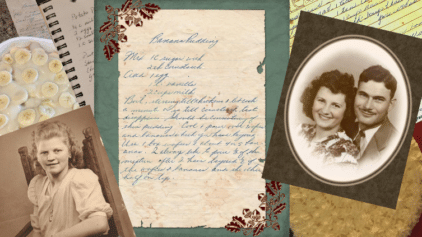
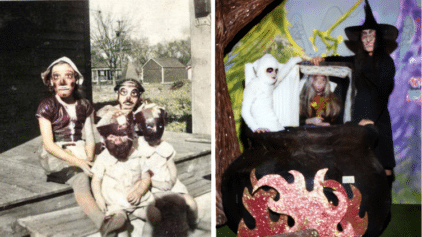
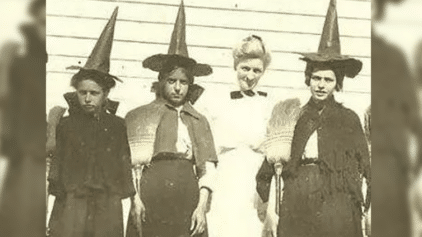
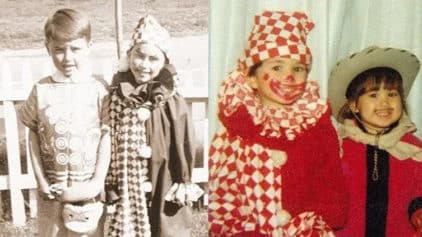
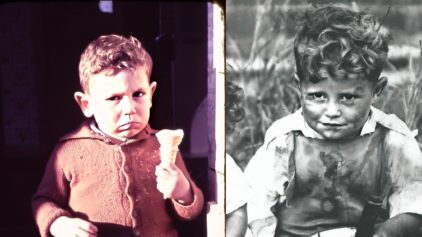

Ally Ladak
September 13, 2020
Happy Grandparents Day today September 13,2020 to all families ..Ally Ladak